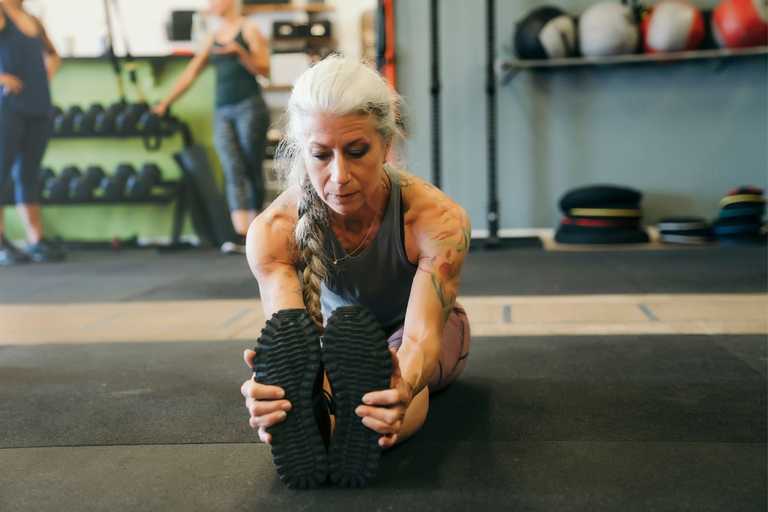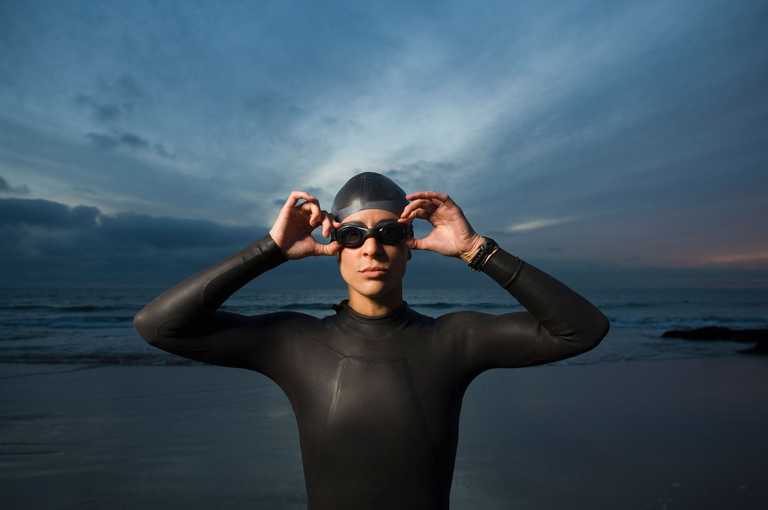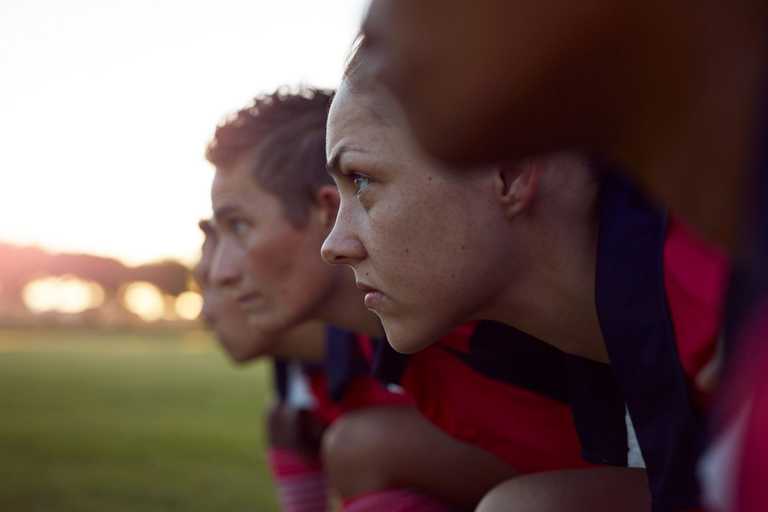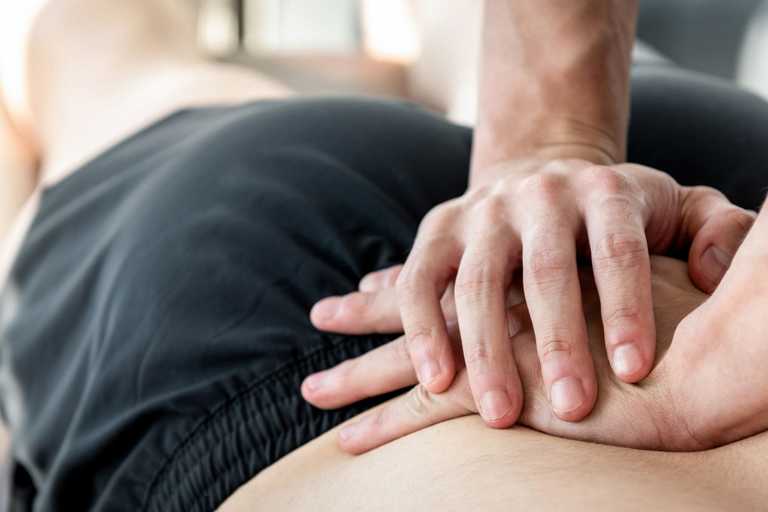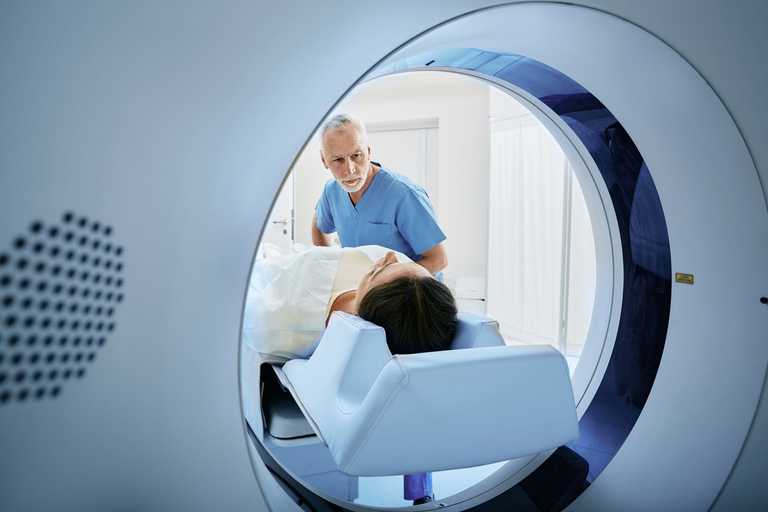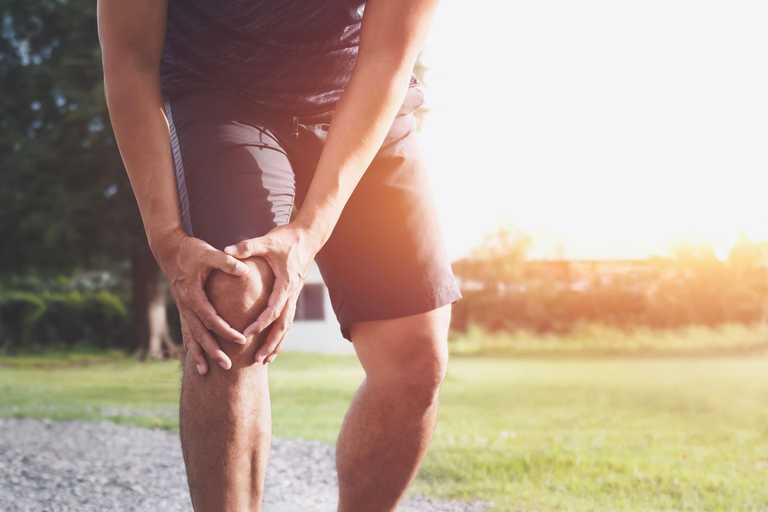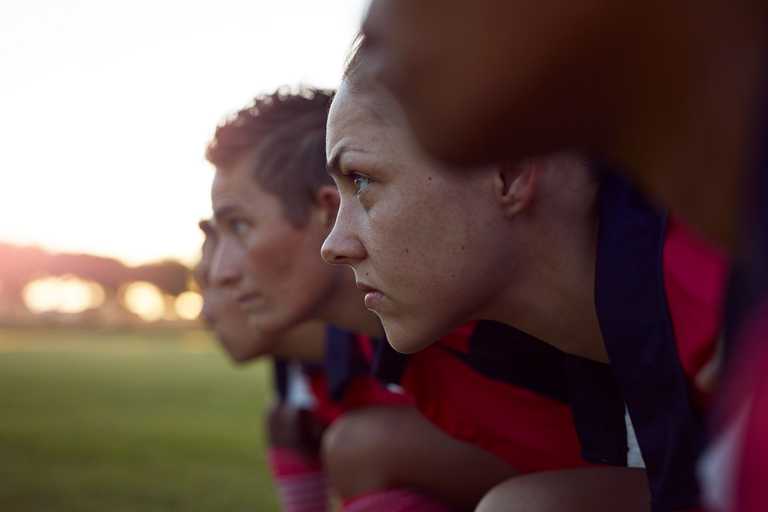
Sports Injury Assessment
You love to perform at your best. So when injury stops you in your tracks, it can be really tough. It’s vital ...
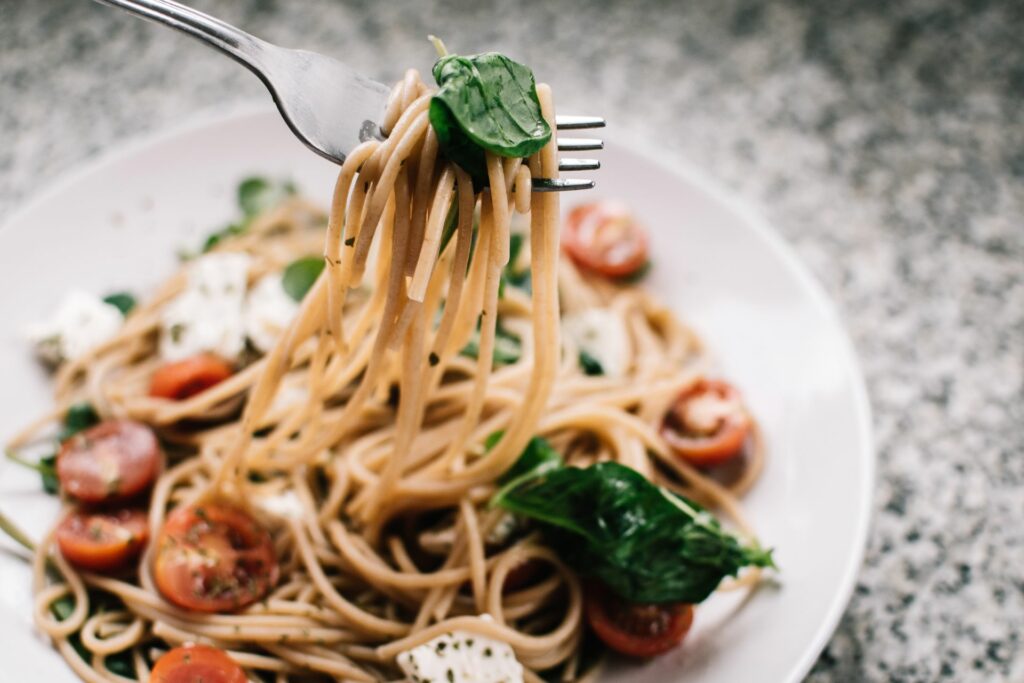
A marathon is a high-intensity, endurance event with a high energy demand on the body. The right nutrition before, during and after the big day can support performance and recovery.
Rachel Vallis, Dietitian at Prime Health Surrey our centre in Weybridge shares her expert advice on how you can prepare nutritionally for the physical challenges of a marathon.
For the first 90-120 minutes of exercise, the body will use glycogen stores as the main source of energy. Once these are depleted, the body starts to release energy from fat.
While it can do this for some time, fat takes longer to break down which limits the rate that energy can be released and exhaustion occurs. “Carbohydrate loading” prior to a physical event such as a marathon, seeks to maximise glycogen stores and delay the onset of exhaustion.
Carb loading can begin up to 3 days before a big event, although highly trained athletes need much less time.
An 80kg man would aim to consume up to 800g of carbohydrates per day in the build-up. Meals based on pasta, bread, rice and potatoes will be essential to meet this goal. Increased frequency of meals and snacks may help. Dried fruit, cereals and energy drinks are also useful.
Runners World share a wide selection of marathon recipes created by experienced marathon runners.
A small carbohydrate-rich breakfast several hours before the race is ideal. I’d suggest a small bowl of porridge or toast with a chopped banana.
It will top up glycogen stores depleted during sleep and reduce gastrointestinal symptoms seen in endurance athletes such as stomach cramps, bowel urgency and nausea.
Fluid and quick-release carbohydrates (sugars) taken onboard during the race can help to stave off exhaustion. Although this can be difficult to achieve while running and hopefully during training, you will have established the optimum amount for you.
Energy drinks, carbohydrate gels and even jelly babies can be used to offer the body a constant source of fuel without making the runner feel full or sluggish. If you haven’t tried carbohydrate gels in training, it isn’t advisable to try these for the first time during a marathon.
Research has shown that an intake of protein and carbohydrates after exercise reduces the catabolic (breaking down) effect of exercise on muscles, replenishes glycogen stores and reduces muscle soreness. These factors all speed up recovery and prepare the athlete for a return to training.
A varied diet, rich in micronutrients, especially antioxidants can support the immune system which is suppressed from 3-72hrs after exercise, reducing the risk of the athlete contracting minor illnesses such as the common cold during this period.
Whilst you may be tempted to celebrate your marathon achievement in the pub, minimise your amount of alcohol after your run.
If you are looking for additional support or advice on your diet and nutrition, book an appointment with Rachel Vallis at our centre in Surrey – click here to book.
You love to perform at your best. So when injury stops you in your tracks, it can be really tough. It’s vital ...
A healthy diet has many benefits but understanding what you should and shouldn’t be eating can be confusing. A...
If you want to step your sports performance up a gear, you want access to experts who are the best in class. O...
You love to perform at your best. So, when injury stops you in your tracks, that can be hugely frustrating. At...
The physiotherapists that work at Prime Health are among the most effective and experienced in the country - m...
Our all-inclusive diagnostic scanning package offers everything you need for quick, expert care—all for a fixed price.
Learn morePrime Health Surrey has enhanced its healthcare offering with the installation of a state-of-the-art CT scanner. Appointments available.
Learn moreIn partnership with the General Practice Group, we have extended our Private GP service to our centre in Brighton.
Learn moreThe highly experienced physiotherapists at Prime Health Surrey are here to help you perform at your best.
Learn more